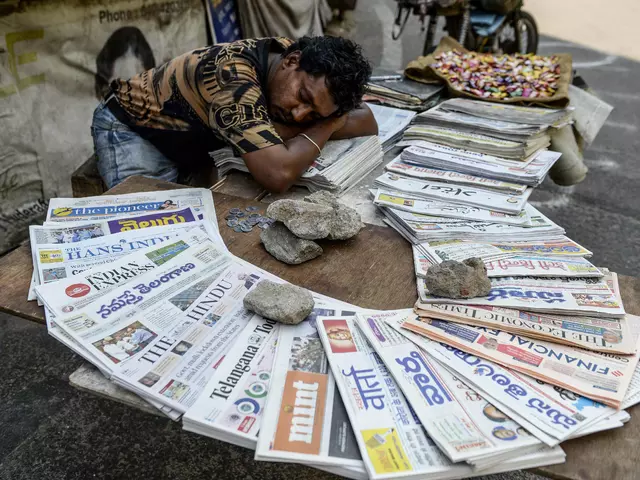What Globalization Means for You
When you hear the word "globalization," you might picture factories in far‑away countries or news about trade wars. In reality, it’s a mix of everyday things – the food you eat, the movies you watch, and the jobs you apply for. It’s basically the world getting more connected, and that connection changes how we live.
How Globalization Affects the Economy
Businesses now source parts from several continents, so a phone you buy could have a screen made in South Korea, a battery from China, and software coded in India. This network lowers costs, but it also means a factory shutdown in one country can ripple across the globe. For workers, it creates new opportunities – a call‑center job in a small town may be funded by a company in New York. At the same time, some local shops may struggle because cheaper imports flood the market.
To stay competitive, many companies invest in technology and up‑skill their staff. That’s why you’ll see more online courses, coding bootcamps, and language training. If you’re thinking about a career move, consider skills that help you work with international teams – communication, digital tools, and cultural awareness are top‑ranked.
Cultural Exchange in Everyday Life
Globalization isn’t just about money; it’s about culture too. You can binge‑watch a Korean drama, order sushi in Delhi, and wear a Mexican‑inspired shirt in Paris – all in one day. This mix makes life richer, but it also raises questions about authenticity and appropriation. The key is to enjoy new experiences while respecting their origins.
Travel is a perfect illustration. A trip to Kerala, for example, lets you see how tourism blends local traditions with global expectations. Visitors from all over the world bring their habits, and locals adapt by offering services that match international standards – better internet, multilingual guides, and eco‑friendly options. This two‑way flow boosts the local economy and spreads knowledge about Kerala’s backwaters and spices.
Even food tells a story. The popular "fusion" restaurants you love are a direct result of global trade. Spices that once traveled by ship now arrive in minutes, letting chefs experiment instantly. When you taste a dish that mixes Italian pasta with Indian spices, you’re actually tasting centuries of trade routes and cultural swaps.
Overall, globalization is a powerful force that shapes jobs, prices, and the way we experience culture. It offers chances to learn, earn, and explore, but it also means staying adaptable. Keep an eye on global news, learn a new language, or try a recipe from a different country – small steps that keep you in sync with a connected world.



